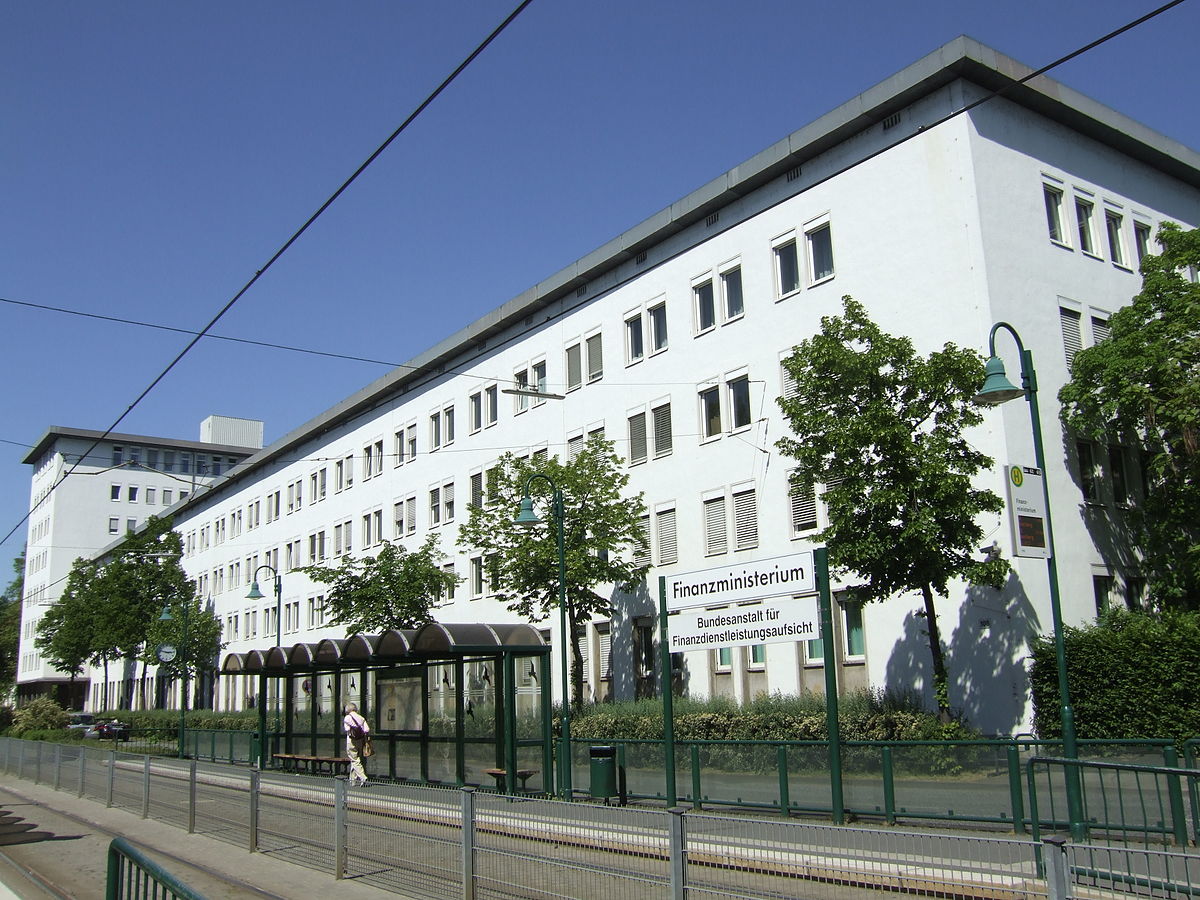
Germany’s finance watchdog BaFin has ordered Deutsche Bank to follow specific measures that are directed towards preventing money laundering and terrorist financing.
BaFin has warned of imposing fines, if the bank does not follow the specific measures it had issued between September 2018 and February 2019.
The German watchdog has issued the order under the provision of section 51 (2) sentence 1 of the German Money Laundering Act.
BaFin’s order has no new findings, and the shortcomings it has mentioned were previously identified, with a mutually agreed deadline, reported Reuters.
Deutsche Bank is required to meet its deadlines by mid-2023.
The bank, in its statement, said: “We are fully aligned with the BaFin on the necessary measures and have already completed a large proportion of them.”
In 2018, BaFin appointed auditor KPMG as a special monitor at Deutsche to oversee progress in the implementation of the measures.
Last year, the finance watchdog expanded the role of KPMG, which indicates its dissatisfaction with the lender’s progress, reported The Wall Street Journal.
According to Reuters, BaFin previously raised the issue of how the bank examines its customers and monitors their transactions, among its other practices.
In April this year, prosecutors, federal police, and other officials searched the bank’s headquarters in Frankfurt, on suspicion of money laundering.
In December last year, BaFin fined Deutsche Bank €8.66m ($9.8m) for failing to have effective controls related to the Euribor interest rate.
Euribor (Euro Interbank Offered Rate) is a reference rate based on the average interest rates at which large European banks borrow funds from one another.
It provides the basis for the price and interest rates of various financial products, such as interest rate swaps, interest rate futures, saving accounts and mortgages.
BaFin was fined under the European Benchmarks Regulation of 2018, which seeks to prevent the manipulation of Euribor in the financial industry.






